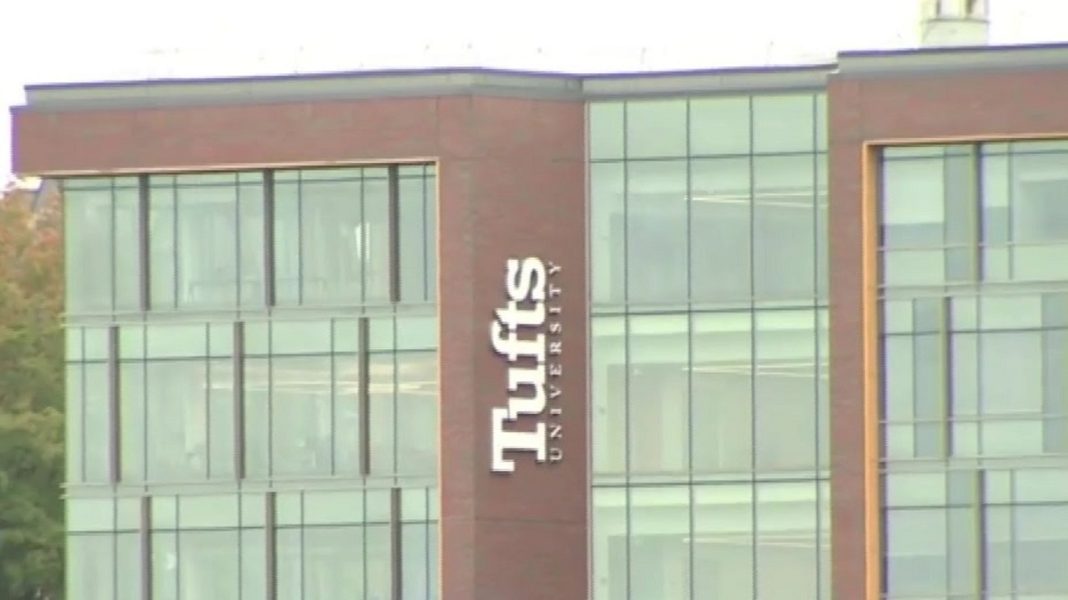In today’s financial landscape, navigating tax obligations can feel like walking through a minefield, especially with the proliferation of unscrupulous promoters attempting to exploit individuals facing tax challenges. The Internal Revenue Service (IRS) recently issued a crucial reminder to taxpayers, emphasizing the importance of understanding legitimate avenues for resolving tax issues rather than succumbing to high-priced, ineffective services. This advisory comes in light of a concerning trend where individuals are coaxed into signing up for expensive tax resolution plans under false pretenses.
The IRS has identified these opportunistic entities, often referred to as “OIC mills,” which aggressively market their services by making misleading claims about the ease with which taxpayers can resolve their debts. They assert that their services are essential for obtaining settlements on unpaid taxes and often create a sense of urgency by suggesting that there’s a limited time to take advantage of the IRS’s Offer in Compromise (OIC) program. This aggressive marketing can leave taxpayers financially drained and, worse yet, with little to show for their investment.
The OIC program itself is a legitimate and beneficial service provided by the IRS, allowing individuals to settle their tax liabilities for less than the total amount owed. However, eligibility for this program is contingent upon a few critical factors. According to IRS guidelines, individuals must have filed all required tax returns, made necessary estimated payments, and not be involved in an active bankruptcy. They also need to have valid extensions for current returns and must have made tax deposits if they are employers.
IRS Commissioner Danny Werfel cautioned taxpayers to be wary of such aggressive marketing tactics, stating, “Many OIC mills charge steep fees, give false assurances, and can take advantage of taxpayers with empty promises that their tax debt will disappear.” The tragic irony here is that many individuals end up paying “good money for bad results,” often leading to a cycle of financial strain rather than resolution.
For those who do not qualify for the OIC program, the IRS offers a range of payment plans that can be more accessible options. Notably, taxpayers with a balance of less than $100,000 can opt for a short-term payment plan lasting 180 days, while those with balances under $50,000 can arrange for longer installment plans of up to 72 months. These plans allow individuals to settle their debts in manageable installments without the burdensome fees typically associated with OIC mills.
Furthermore, the IRS has implemented a first-time penalty abatement policy, offering administrative relief from penalties for eligible taxpayers. This initiative serves as a reminder that there are legitimate pathways to tax resolution available directly through the IRS, often without the need for intermediaries.
While the IRS is working to protect taxpayers, the landscape of tax fraud remains alarming. A recent report from JP Morgan highlighted that a staggering $5.5 billion was lost to tax-fraud schemes last year alone. The tactics used by fraudsters have grown increasingly sophisticated, with impersonations of government officials, including IRS agents, rising by 63% in 2023. Older adults, particularly those over 50, are particularly vulnerable to these scams, leading to significant financial losses.
To combat this trend, the IRS encourages citizens to take proactive measures, such as setting up an Identity Protection Personal Identification Number (IP PIN), which can help safeguard against fraudulent tax filings. If individuals suspect they have been defrauded, the IRS advises them to cease all communication with the scammer, contact their financial institutions, and follow the guidelines laid out on IdentityTheft.gov.
In conclusion, while the tax resolution landscape can be fraught with challenges, it’s essential for taxpayers to remain informed and vigilant. By understanding the legitimate options available—such as the OIC program and various payment plans—individuals can avoid falling prey to exploitative practices. As with any financial decision, knowledge is power, and equipping oneself with the right information can make all the difference in achieving a favorable outcome.

